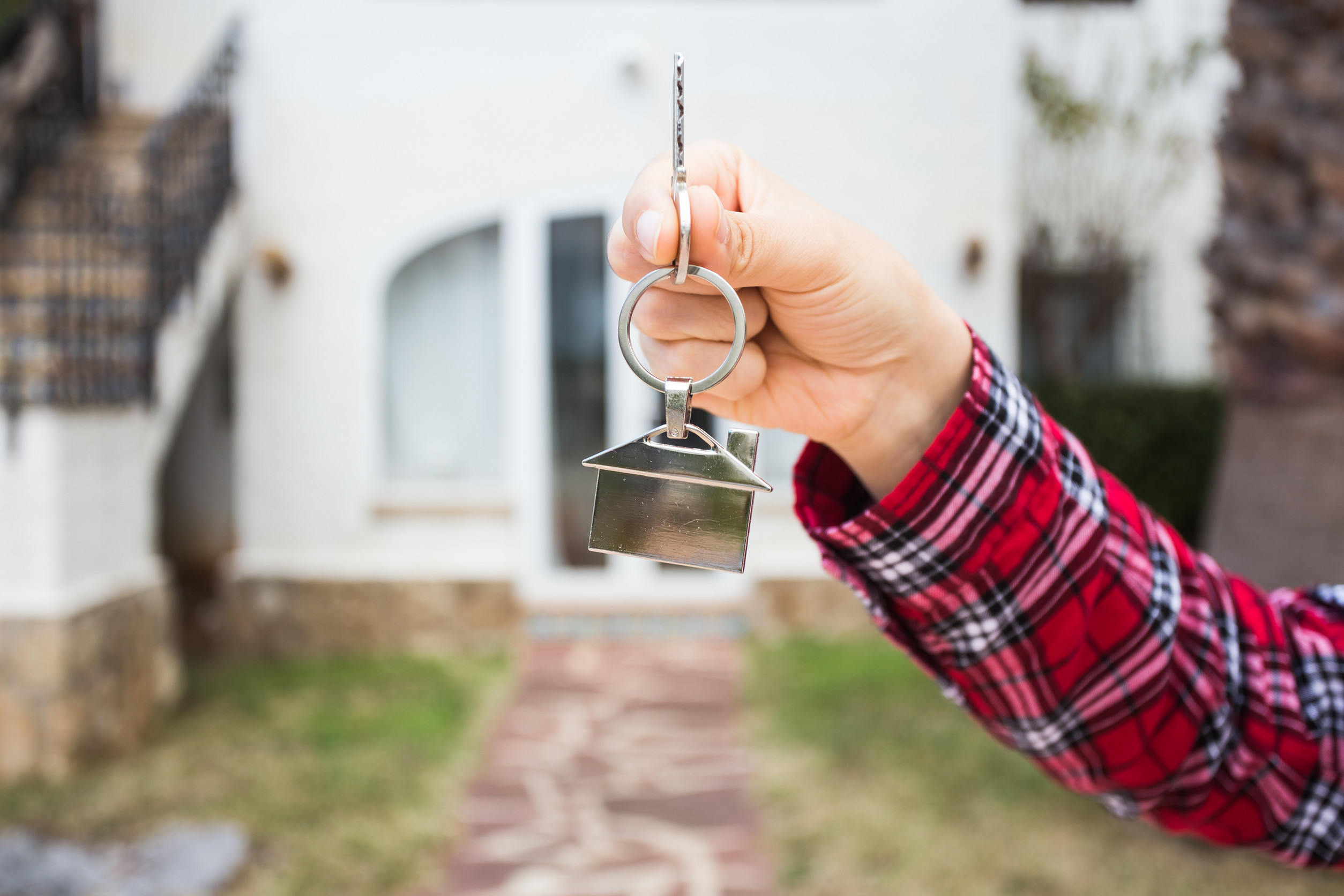Buying a home with your boyfriend might feel like the ultimate relationship milestone. You’re picturing cozy movie nights, joint home improvement projects, and a shared sense of stability. But behind that white-picket-fence dream lies a serious financial commitment—and one that can get messy fast if things go sideways.
Financing a house together before marriage adds legal, emotional, and logistical risks that couples don’t always consider. If you’re thinking about signing those mortgage papers as a couple, make sure you know what could go wrong first.
1. No Legal Protection If You Break Up
Unlike married couples, unmarried partners don’t automatically receive legal protections when they split. If your relationship ends, dividing up a co-owned property can become complicated and contentious. There’s no divorce court to help you figure out who gets what, and you might need to hire lawyers just to sort through ownership.
Even if both your names are on the title, things like who paid what and who should get to keep the house aren’t always clear-cut. You may walk away with nothing, even if you contributed equally.
2. One Partner Has Poor Credit
If one of you has a significantly lower credit score, it could affect your ability to secure a favorable mortgage. Lenders may either increase your interest rate or deny the loan altogether.
In some cases, only the partner with good credit applies for the mortgage, which means only one person is legally responsible for the loan. This imbalance can create resentment or confusion later if the relationship ends and the person not on the mortgage still contributed financially. It’s crucial to have a transparent conversation about credit before getting the bank involved.
3. Unequal Financial Contributions
It’s common for one partner to have more savings or a higher income, which often leads to uneven down payments or mortgage payments. While that might feel manageable at the start, financial imbalances can cause tension over time.
If there’s no legal agreement outlining ownership stakes, the person contributing more might not receive a larger share of the equity. Worse, the other partner might feel uncomfortable or inferior due to the imbalance. Without a clear understanding, money issues can quietly corrode the foundation of your relationship.
4. Disagreements About Maintenance and Upgrades
Who’s paying for that new HVAC system? What happens when the roof needs replacing?
Without a formal agreement, home-related expenses can quickly lead to arguments. One partner might expect a 50/50 split, while the other assumes costs should be divided based on income. If you haven’t discussed how you’ll handle ongoing expenses, the first major repair could expose a deeper disconnect.
5. One Partner Wants to Sell—The Other Doesn’t
Let’s say your boyfriend gets a dream job offer across the country, but you want to stay put. What happens to the house? If you both own the property and one partner wants out, selling might be your only option—even if the other isn’t ready to let go. You could end up forced into a sale or stuck with a hefty buyout figure. Disagreements about timing or intent to sell can quickly get emotionally charged.
6. Unequal Legal Ownership
Not all homeownership arrangements are created equal. If only one person’s name is on the deed, they legally own the house—even if both of you live there and share expenses. This might seem fine while the relationship is healthy, but it can become a major issue if things go south. The non-owner could be left with no legal claim and no reimbursement for their financial contributions. Clarity about legal ownership upfront can prevent this painful outcome.
7. Future Marriage Plans Are Unclear
Buying a home often signals long-term commitment, but it doesn’t guarantee marriage. If one of you sees the house as a stepping stone to a shared future and the other views it as a trial run, resentment can build. It’s easy to assume that homeownership means you’re on the same timeline, but that’s not always the case.
A mismatch in expectations can turn into heartbreak, especially when major assets are involved. Talk about long-term plans before committing financially.
8. Breaking Up Can Be Financially Devastating
If the relationship ends, one or both partners could take a financial hit. You might have to sell the house quickly at a loss or buy each other out under emotional duress. Either way, you risk damaging your credit or draining your savings. Breakups are hard enough without having to negotiate mortgage terms and closing costs. It’s better to prepare for the worst and hope for the best than to be caught off guard.
9. Disputes Over Rental Income or Roommates
What if you decide to rent out a room to help with the mortgage? Who keeps the rental income? Who screens the tenants or handles the repairs? Without a written agreement, disputes over rental arrangements can become messy fast. Even decisions about whether to have a roommate in the first place can spark conflict if your living priorities aren’t aligned.
10. You Might Rush the Relationship
Buying property together can create a false sense of security or commitment. When couples move too quickly into homeownership, they sometimes overlook deeper compatibility issues. The pressure of joint finances might mask problems that would’ve surfaced if you had taken more time. Relationships need space to grow, not just assets to manage. Don’t let a mortgage lock you into a situation you haven’t fully thought through.
Before You Sign on the Dotted Line…
Buying a home with your boyfriend can absolutely work out—but only if you go into it with eyes wide open. Every couple is different, but financial transparency, legal agreements, and shared expectations are critical. It’s not just about love; it’s about protecting your future, your money, and your peace of mind. If you’re not ready to have uncomfortable conversations, you’re probably not ready to co-own a home.
Have you ever bought property with a partner, or thought about it? How did it turn out for you and your financial future?
Read More
What Is the Tax Break for Buying a House?
I Don’t Have Any Intention On Buying a House, Here’s Why



Leave a Reply